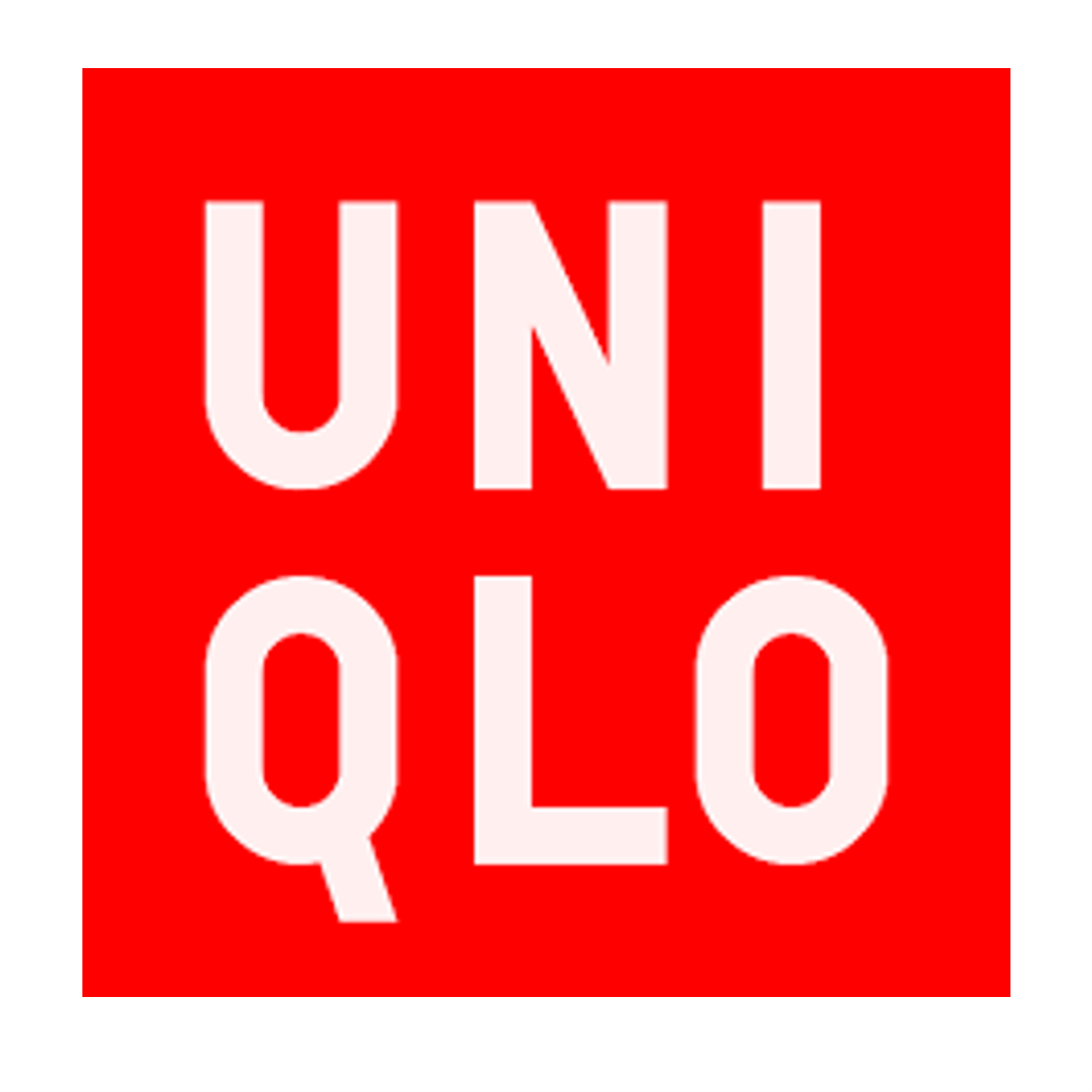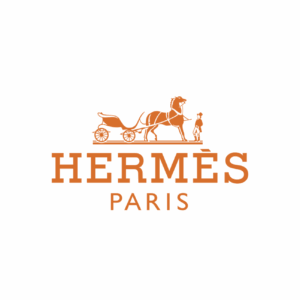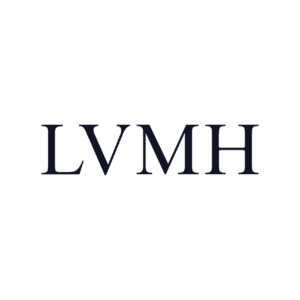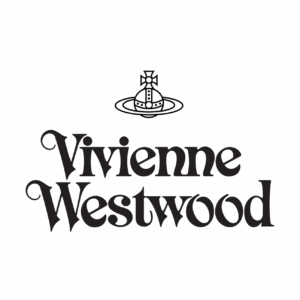The fast fashion industry is facing a critical turning point, with sustainability becoming an urgent focus amid growing concerns about environmental degradation and unethical labour practices.
As the sector accounts for a significant share of global carbon emissions, water pollution, and textile waste, the demand for more responsible, transparent, and circular practices is intensifying. Consumers and regulators alike are pushing for change, prompting brands to rethink their production models.
Uniqlo
Uniqlo has implemented several initiatives aimed at reducing its environmental and social impact.
While these efforts are commendable, there is a need for more comprehensive data and transparency to fully assess the effectiveness of these initiatives. he company should focus on enhancing supply chain transparency, ensuring fair labour practices, and providing detailed reporting on its sustainability goals to improve its overall impact.
Made for All
Criteria
Carbon Footprint, Medium
Uniqlo has set science-based targets to reduce greenhouse gas emissions in both its direct operations and supply chain. However, there is no evidence indicating that the company is currently on track to meet these targets.
Ecological Impact, Medium
The company has implemented measures to reduce water consumption, notably in its jeans finishing process, achieving up to a 99% reduction.
Additionally, Uniqlo has introduced recycled polyester in some products and is working to minimize single-use plastics. Despite these efforts, the brand continues to use materials like leather and exotic animal hair, which have significant ecological footprints.
Energy Consumption, Medium
Uniqlo has made strides in energy efficiency, such as installing LED lighting in stores, leading to a 38.7% reduction in greenhouse gas emissions per unit area in FY 2020 compared to FY 2013.
However, comprehensive data on the company’s overall energy consumption and its reliance on renewable energy sources are limited.
Freight Density, Medium
While Uniqlo has taken steps to improve logistics efficiency by reducing the use of new corrugated cardboard and optimizing transport, detailed information on the environmental impact of its freight operations is scarce.
Recycling Rates, Medium
The brand has initiated recycling programs, including the use of recycled polyester from post- consumer PET bottles in certain products. However, the overall scale and effectiveness of these recycling initiatives across all product lines are not extensively documented.
Saving Levels, Medium
Uniqlo’s efforts to reduce water usage and incorporate recycled materials contribute to resource savings. Nevertheless, the company lacks comprehensive reporting on the cumulative savings achieved through these initiatives.
Specific Product Monitoring, Medium
The company has developed technologies to monitor and reduce water usage in specific products, such as jeans. However, there is limited information on the monitoring of environmental impacts across its entire product range.
Supply Chain Waste, Medium
Uniqlo’s social auditing program is accredited by the Fair Labour Association, and the company has policies prohibiting suppliers from charging workers recruitment fees. Despite these measures, there is no evidence that Uniqlo ensures payment of a living wage in most of its supply chain, indicating room for improvement in supply chain management.
Sustainability Scorecards, Medium
The brand has published sustainability reports outlining its environmental and social initiatives. However, the lack of detailed progress data and comprehensive metrics makes it challenging to fully assess the effectiveness of these efforts.
Water Management, Medium
Uniqlo has achieved significant water savings in specific processes, such as the jeans finishing process. Nonetheless, a comprehensive water management strategy encompassing all areas of production is not well-documented.
Related to other brands
Number of criteria met by each brand:
- Massimo Dutti 3.5 / 5
- Shein 2.0 / 5
- Zara 3.5 / 5
- Uniqlo 2.5 / 5
ESCP Business School Team
Research developed by five curious international ESCP Business School students who have worked together to successfully complete their consulting project. They analysed four brands in four different categories -24 brands: electric cars EV, dairy products, computers, personal care, luxury apparel, fast fashion-, according to 10 environmental criteria.
- Alix AMMEUX: Dairy Products
- Hanna AMSELLEM: Electrical Vehicles
- Leonardo BERTINI COLLA: Computers
- Zackary BOISNEAULT: Personal Products
- Ariane DESPRES: Luxury Apparels
- Caterina GIUSTINIANI: Fast fashion
Sources
- 233.docx
- SHEIN-2023-Sustainability-and-Social-Impact-Report
- A Study on Sustainable Fashion Supply Chain of Zara
- Value Chain Analysis of Zara – SCM Insight
- Massimo Dutti – Sustainability Facts, Rating, Goals | Panaprium
- Paper | Massimo Dutti Commitment to sustainability
- Sustainable Fast Fashion: How Zara Transforms its Supply Chain – SupplyChain 360
- 2023 Sustainability and Social Impact Report – SHEIN Group
- Sharing our evoluSHEIN Roadmap to Guide the Future of Sustainability & Social Impact at SHEIN – SHEIN Group
- OUR MISSION│Unlocking The Power of Clothing. UNIQLO Sustainability
- The Positive Power of LifeWear | Unlocking The Power of Clothing. UNIQLO Sustainability





0 Comments